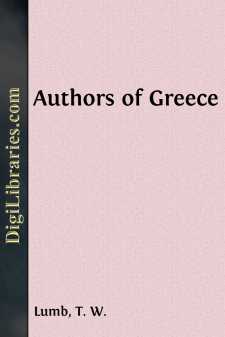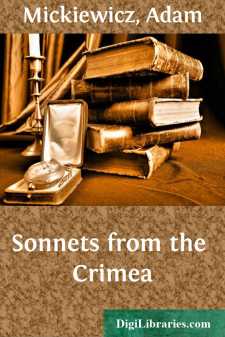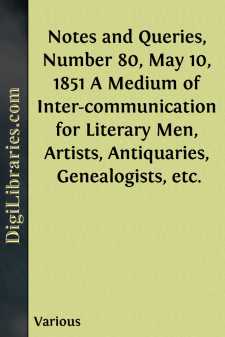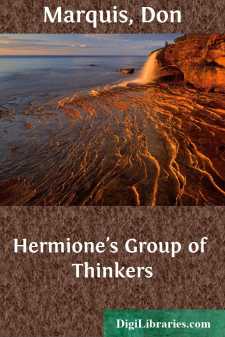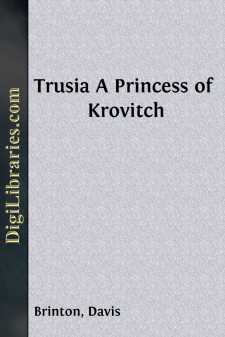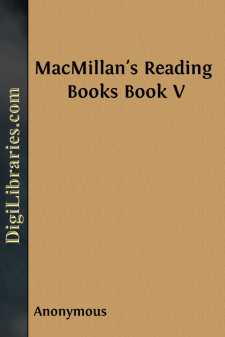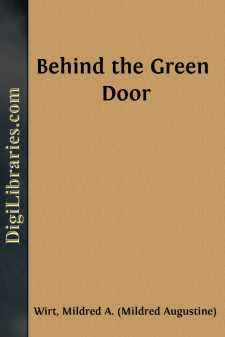Categories
- Antiques & Collectibles 13
- Architecture 36
- Art 48
- Bibles 22
- Biography & Autobiography 815
- Body, Mind & Spirit 144
- Business & Economics 28
- Children's Books 18
- Children's Fiction 14
- Computers 4
- Cooking 94
- Crafts & Hobbies 4
- Drama 346
- Education 58
- Family & Relationships 59
- Fiction 11835
- Games 19
- Gardening 17
- Health & Fitness 34
- History 1378
- House & Home 1
- Humor 147
- Juvenile Fiction 1873
- Juvenile Nonfiction 202
- Language Arts & Disciplines 89
- Law 16
- Literary Collections 686
- Literary Criticism 179
- Mathematics 13
- Medical 41
- Music 40
- Nature 180
- Non-Classifiable 1768
- Performing Arts 7
- Periodicals 1453
- Philosophy 65
- Photography 2
- Poetry 896
- Political Science 203
- Psychology 44
- Reference 154
- Religion 515
- Science 126
- Self-Help 85
- Social Science 83
- Sports & Recreation 34
- Study Aids 3
- Technology & Engineering 60
- Transportation 23
- Travel 463
- True Crime 29
Our website is made possible by displaying online advertisements to our visitors.
Please consider supporting us by disabling your ad blocker.
Authors of Greece
by: T. W. Lumb
Description:
Excerpt
INTRODUCTION
I count it an honour to have been asked to write a short introduction to this book. My only claim to do so is a profound belief in the doctrine which it advocates, that Greek literature can never die and that it has a clear and obvious message for us to-day. Those who sat, as I did, on the recent Committee appointed by Mr. Lloyd George when Prime Minister to report on the position of the classics in this country, saw good reason to hope that the prejudice against Greek to which the author alludes in his preface was passing away: it is a strange piece of irony that it should ever have been encouraged in the name of Science which owes to the Greeks so incalculable a debt. We found that, though there are many parts of the country in which it is almost impossible for a boy, however great his literary promise, to be taught Greek, there is a growing readiness to recognise this state of affairs as a scandal, and wherever Greek was taught, whether to girls or boys, we found a growing recognition of its supreme literary value. There were some at least of us who saw with pleasure that where only one classical language can be studied there is an increasing readiness to regard Greek as a possible alternative to Latin.
On this last point, no doubt, classical scholars will continue to differ, but as to the supreme excellence of the Greek contribution to literature there can be no difference of opinion. Those to whom the names of this volume recall some of the happiest hours they have spent in literary study will be grateful to Mr. Lumb for helping others to share the pleasures which they have so richly enjoyed; he writes with an enthusiasm which is infectious, and those to whom his book comes as a first introduction to the great writers of Greece will be moved to try to learn more of men whose works after so many centuries inspire so genuine an affection and teach lessons so modern. They need have no fear that they will be disappointed, for Mr. Lumb's zeal is based on knowledge. I hope that this book will be the means of leading many to appreciate what has been done for the world by the most amazing of all its cities, and some at least to determine that they will investigate its treasures for themselves. They will find like the Queen of Sheba that, though much has been told them, the half remains untold.
C. A. ALINGTON.
HOMER
Greek literature opens with a problem of the first magnitude. Two splendid Epics have been preserved which are ascribed to "Homer", yet few would agree that Homer wrote them both. Many authorities have denied altogether that such a person ever existed; it seems certain that he could not have been the author of both the Iliad and the Odyssey, for the latter describes a far more advanced state of society; it is still an undecided question whether the Iliad was written in Europe or in Asia, but the probability is that the Odyssey is of European origin; the date of the poems it is very difficult to gauge, though the best authorities place it somewhere in the eighth century B.C....


